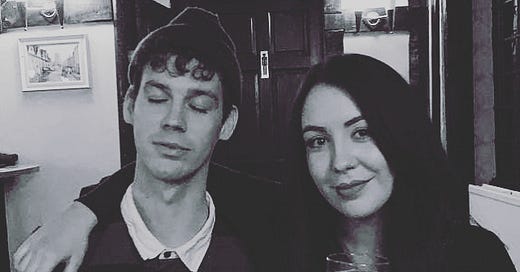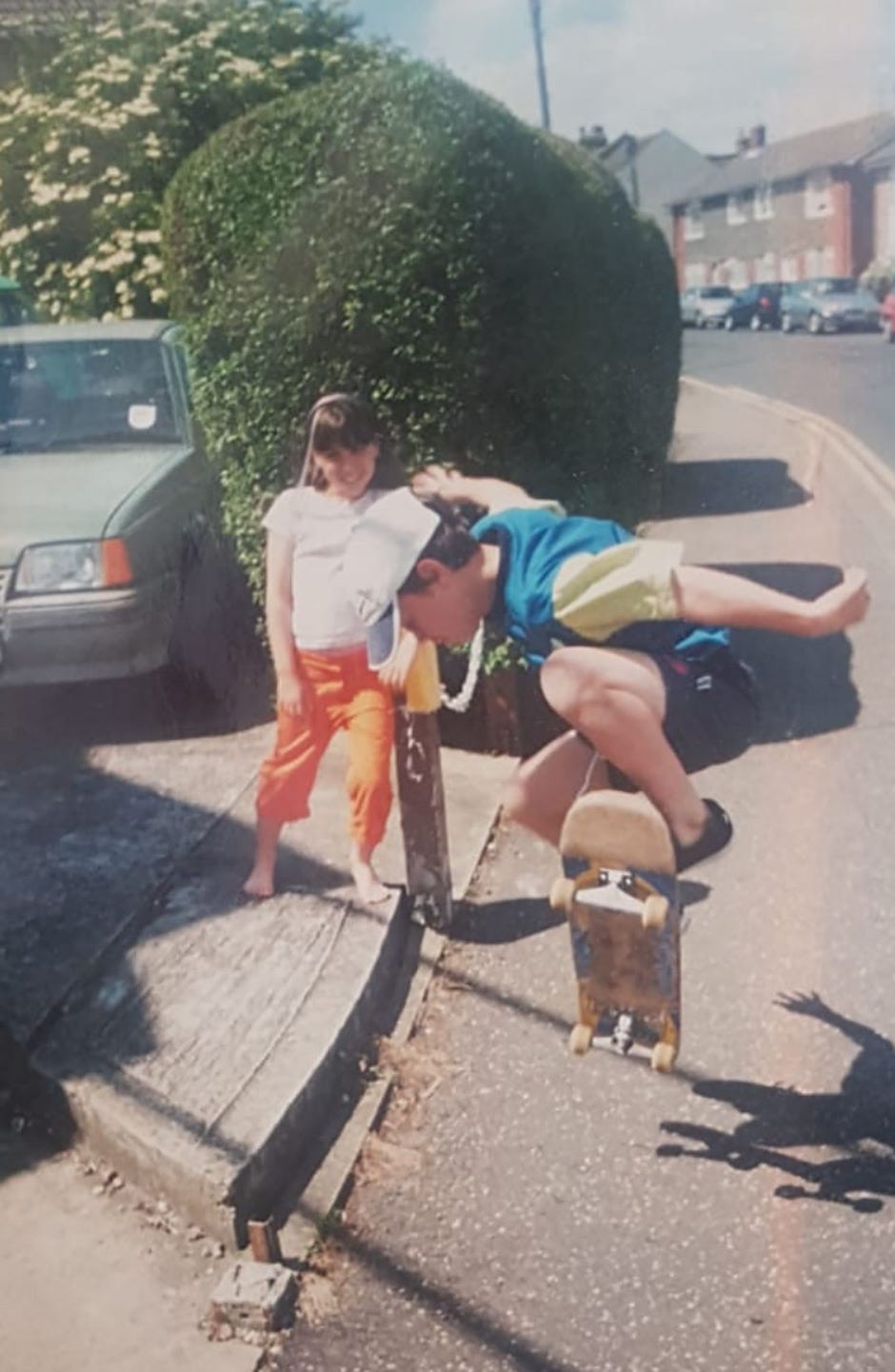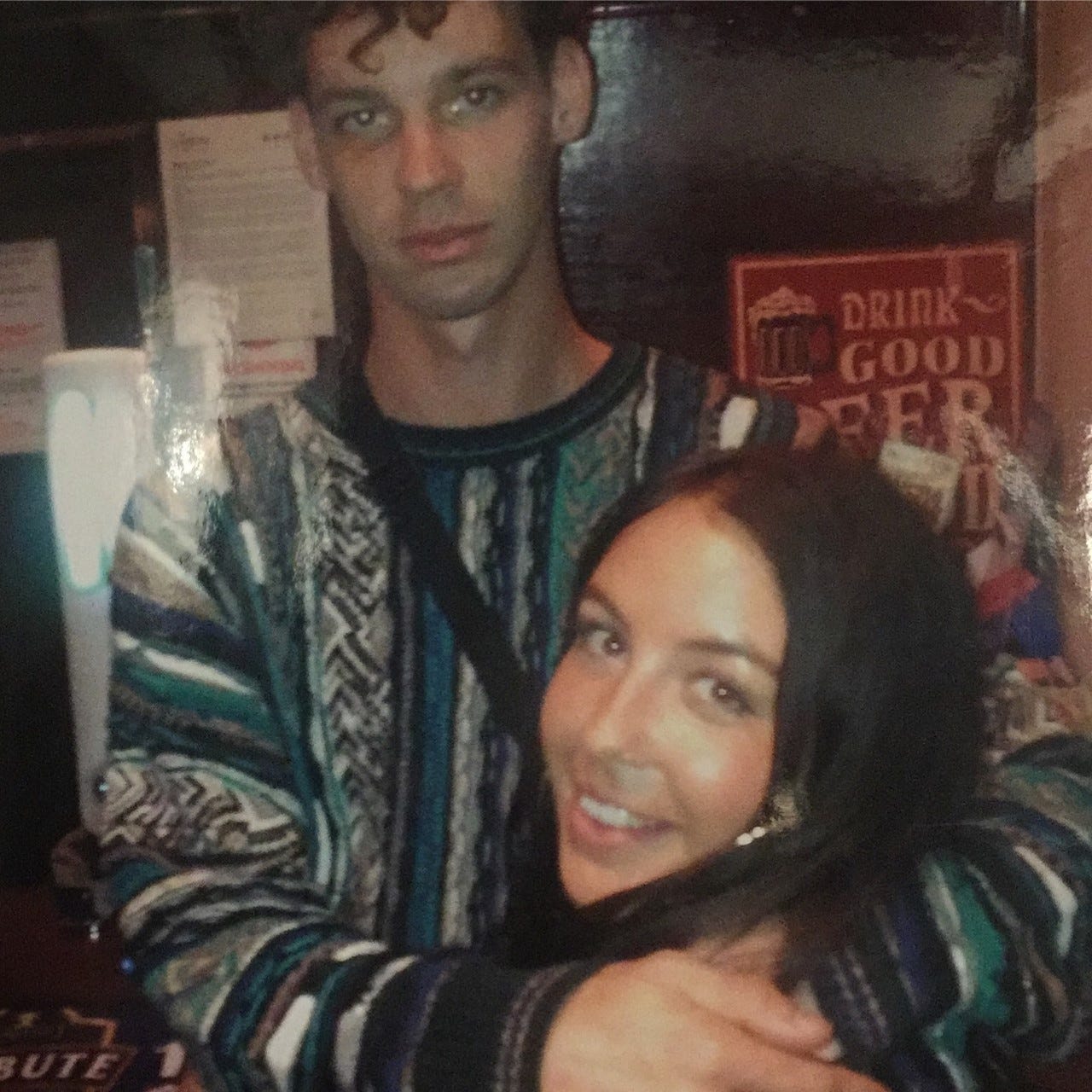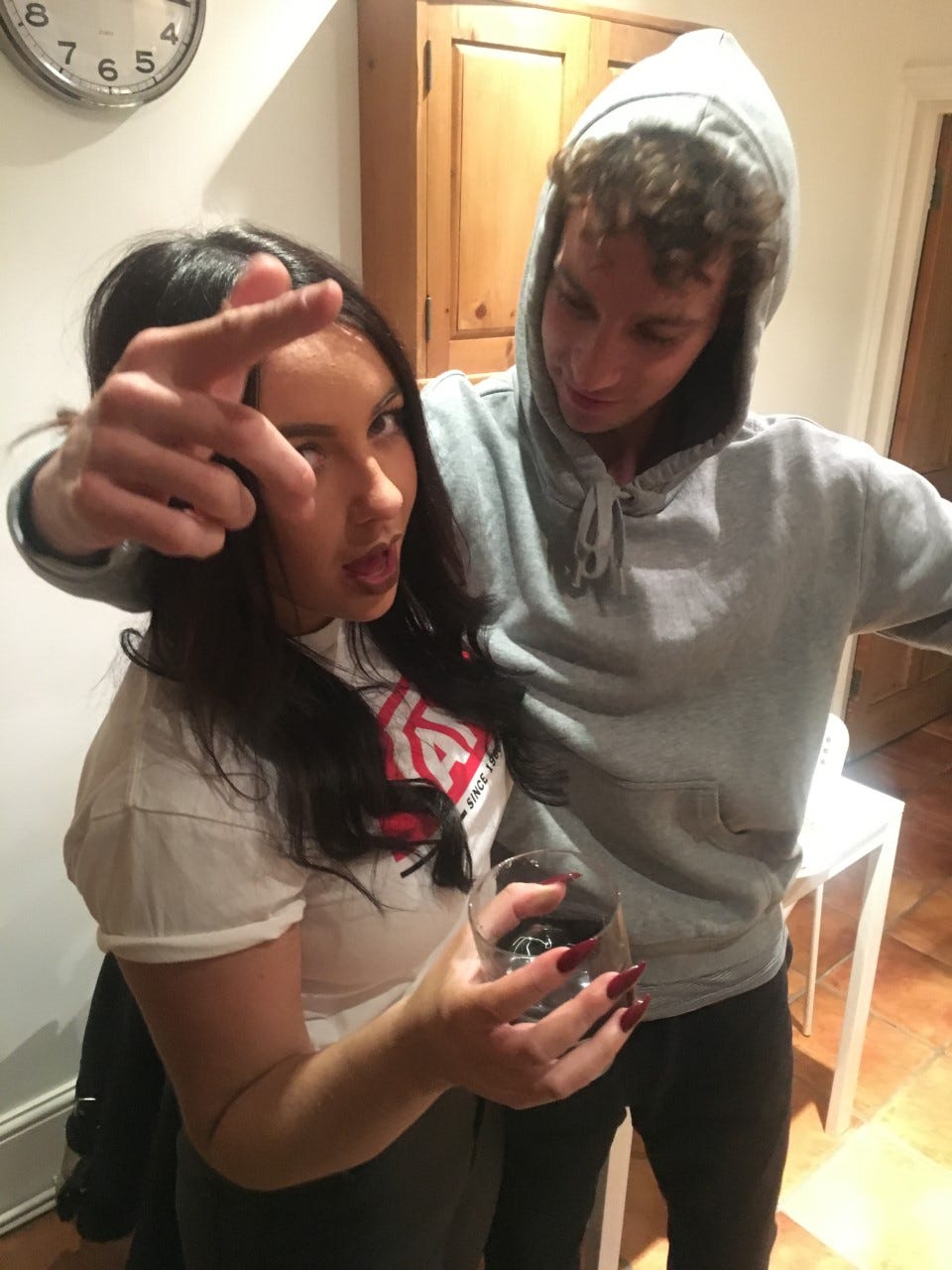Lucy Raemers: On Ben And Mental Health
It's 4 years since Ben Raemers took his own life, so this week I'm reposting this important blog about mental health by his sister Lucy.
I will always struggle to come to terms with that fact that I have lost my brother Ben to suicide. A large part of this is my heart feeling physically sore with guilt that I couldn’t save him.
Today, thanks to therapy, this great thing called time, support from loved ones, and my work with The Ben Raemers Foundation (through which I’m raising as much awareness as possible on the signs that I should have acted on), I’m beginning to heal.
When I look back, I now see that there were signs in front of me from Ben for years. If passing these on can save one more sister from going through this, then I can continue to try and heal and together with Ben we can save lives.
1. “If they say they’re feeling suicidal or want to die, they won’t do it”.
This is something which I truly believed was the case. Ben would drink, and then say he was feeling suicidal and didn’t want to be alive any more.
This was usually after a fair amount of drinking, and when sober he wouldn’t want to talk about it. Now, I realise that if someone is saying they’re feeling suicidal (whether with or without alcohol), they’re struggling with their mental health and thoughts, and need support.
I was afraid to act on this because I didn’t want to make Ben feel uncomfortable when he was sober by having a difficult conversation about how he was truly feeling.
If you have similar concerns, swallow those nerves and don’t be afraid to bring that conversation back up. It might be the first time they admit to struggling and realise you want to help and they need help.
2. Increased intake in alcohol or drugs.
Addiction is something our family has seen first hand, and something that Ben struggled to come to terms with. I saw Ben’s drinking spiral out of control, and watched as he tried to hide the amount he was really drinking.
Again, I didn’t raise this with him because I didn’t want to make him feel uncomfortable, and feel like he’d gone down the same path as another member of our family who really struggled to accept their addiction.
In hindsight, I should have told him I was concerned and simply cared. Talking from the heart and delivering a concerning message in the right tone will always help, even if it can feel a little uncomfortable.
There are also lots of resources available to help support someone with addiction, and to support you supporting a loved one with addiction.
3. Reckless behaviour or acting on impulse.
In most cases, when someone is struggling and exhibiting signs of suicidal moods and behaviours, they are giving you a clear indication that they’re in a tough place.
In Ben’s case, his drinking was accompanied by huge mood swings and seriously reckless behaviour. He had always been pretty good at acting on impulse and having a sense of no fear, but as the years went on and he really struggled, this manifested itself into even more reckless behaviour. He became aggressive, began looking for fights on nights out, and struggled to maintain relationships and friendships.
He would react very strongly to trivial things, getting really upset and shutting himself off from the people involved - including myself. Then after a few weeks he’d apologise, before repeating the whole cycle again.
An increase in argumentative behaviour, negative and aggressive emotions, and acts of mental and physical self-harm, are worrying signs. But it is still possible to help people displaying these behaviours, although you should make sure you have support when it comes to addressing it.
Suicide is preventable. Don’t be afraid to ask the question ‘Are you feeling suicidal?’ No one ever got hurt from asking a question, and it could be the first opportunity they’ve been given to vocalise the fact that they’re struggling, realise they are loved and, and that people want to help.
To find out more about the brilliant, important work of The Ben Raemers Foundation, click here.







Lucy, thanks. I’m struggling to work out how to support a mate. Your wisdom on focus on them, put aside your fear of how they might react or what might happen and ask the question, has been clarifying. Thanks.
Wow Lucy Raemers, thank you. What an incredibly powerful and sensitive piece. From personal experience I know that this is going to help a lot of people have those conversations. And Looking sideways as always thank you for giving these topics a platform and for sharing this piece.